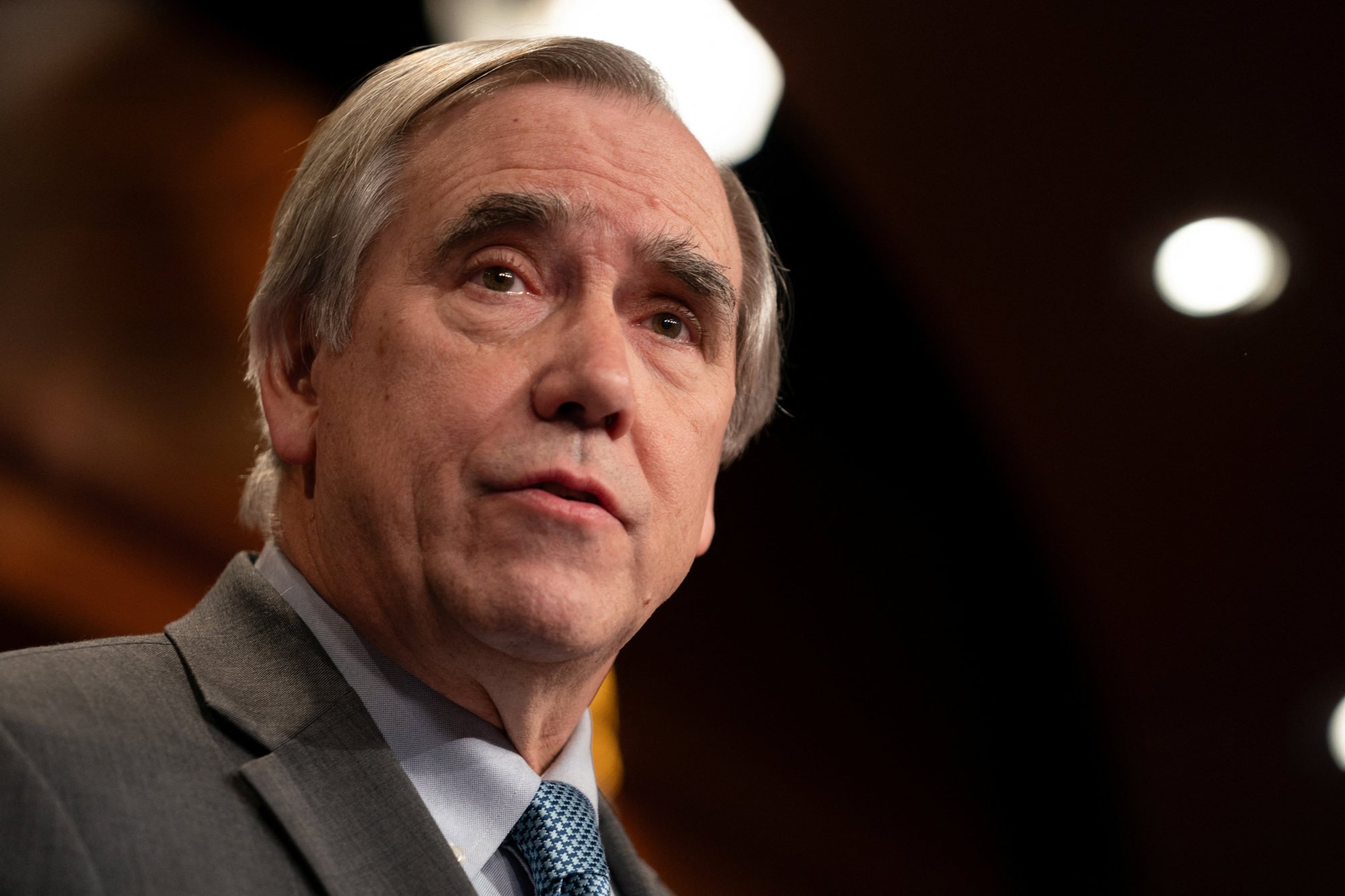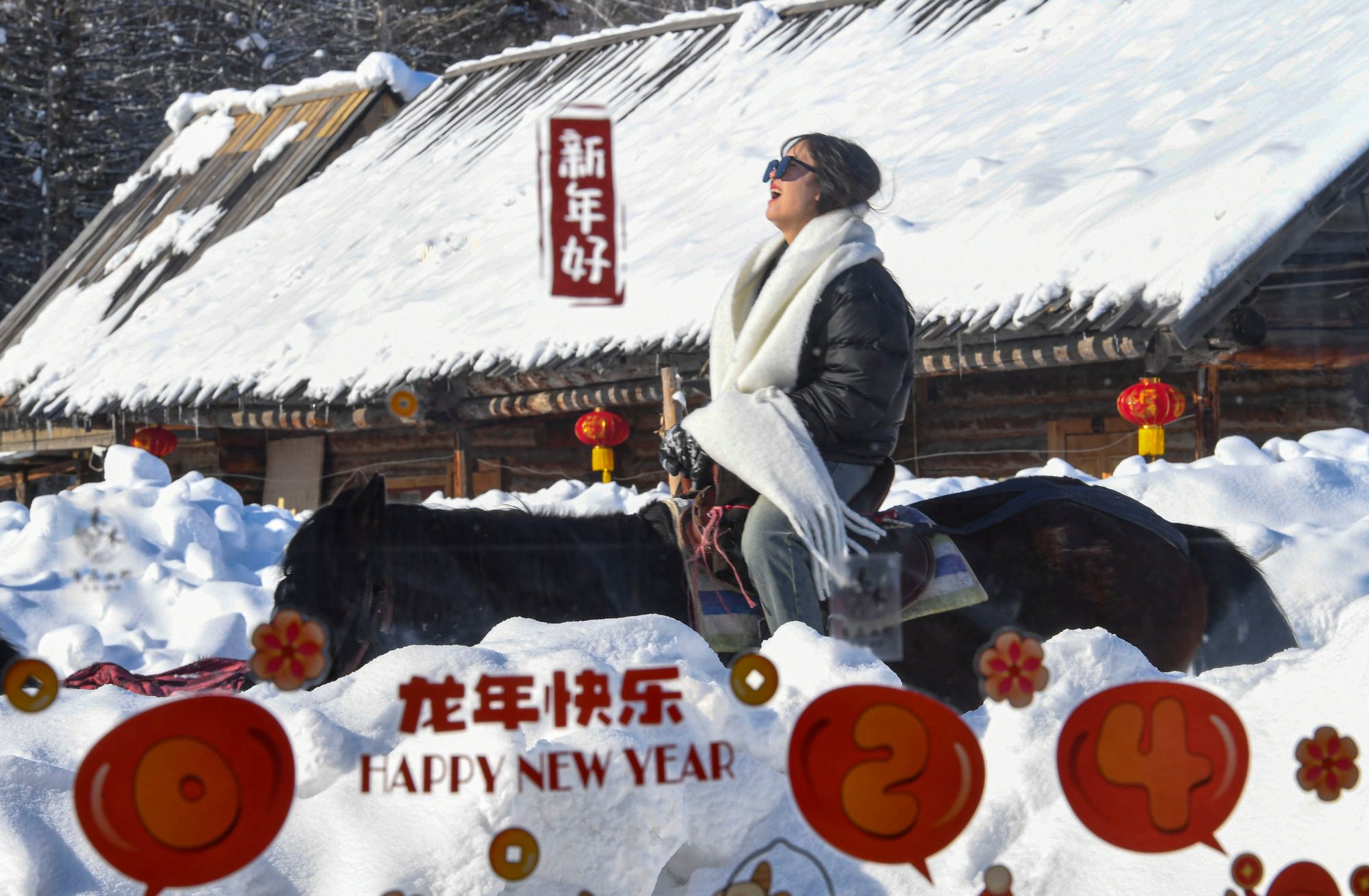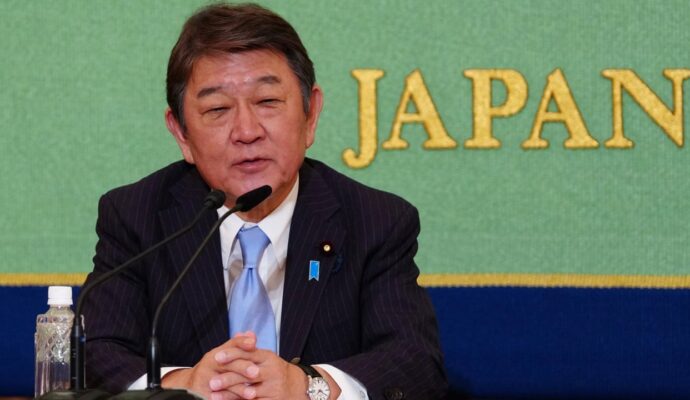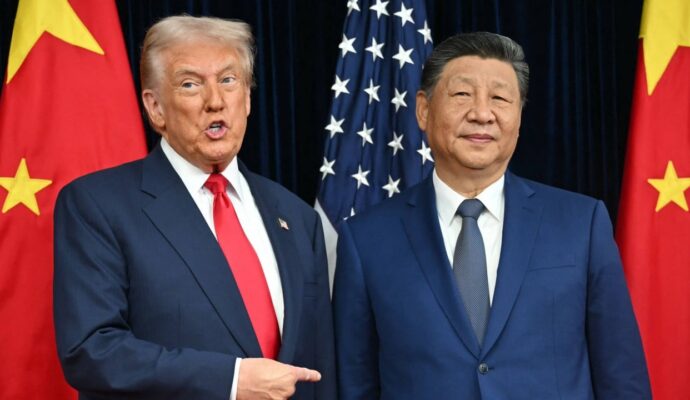A bipartisan group of US legislators is pushing the State Department to escalate its travel advisory to Xinjiang to the highest risk level due to “ongoing crimes against humanity and genocide” and the Chinese government’s promotion of tourism in the region.
In a letter to US Secretary of State Antony Blinken released on Thursday, the co-chairs of the Congressional-Executive Commission on China (CECC) said that “American citizens and permanent residents, companies, and other entities should be warned about the risk of enabling atrocity crimes if they participate in tourism to the XUAR”, referring to the Xinjiang Uygur autonomous region.
The commission’s leaders – Representative Chris Smith, Republican of New Jersey, and Senator Jeff Merkley, Democrat of Oregon – also sent letters to three US-based travel agencies to stop any tours to the region until conditions change. “Well-intentioned tourists should not be put in the position of condoning or supporting atrocities – or be used as propaganda pawns,” they wrote.
On their US websites, two of the companies, Wild Frontiers Adventure Travel and Geographic Expeditions, offer trips to Xinjiang cities, including Kashgar, as part of broader “silk road” tours.

The third, Abercrombie & Kent, offered tours to Tacheng in northern Xinjiang on its British website as of last week, but has since removed mention of them from the site. There are no mentions of Xinjiang tours on its US website.
In August 2023, Wild Frontiers – which along with the other two companies was named in a report about international travel agencies operating in Xinjiang by Washington-based Uygur Human Rights Project – said it was conducting a “full investigation” of its tours.
As of June 2023, the State Department considers mainland China, including Xinjiang, a “level three” on a four-level risk scale, which refers to “reconsider travel”, citing “arbitrary enforcement of local laws, including in relation to exit bans, and the risk of wrongful detentions”.
The CECC argues that the risk of going to Xinjiang is “heightened” for Americans of Uygur or other Turkic Muslim descent. In its letter, the commission cites their mass detention in Xinjiang, as well as the destruction of historically Uygur neighbourhoods and religious sites.
BASF to divest from China joint ventures over Xinjiang abuse claims
BASF to divest from China joint ventures over Xinjiang abuse claims
In 2021, the State Department labelled the Chinese government’s actions in Xinjiang as genocide and crimes against humanity.
The United Nations Human Rights Office has not gone as far as labelling Beijing’s actions as genocide, though its 2022 assessment of Xinjiang found that the “extent of arbitrary and discriminatory detention of members of Uygur and other predominantly Muslim groups” may “constitute international crimes, in particular crimes against humanity”.
Without coming to “firm conclusions” regarding the extent of the destruction of religious sites, it called reports of the destruction of Islamic mosques, shrines and cemeteries “deeply concerning”.
In 2014, the Xinjiang government pledged to eradicate extremism in the region amid concerns of terrorism and separatism – efforts that the UN and rights groups said have led to human rights violations.
Beijing maintains that there have been no terror attacks in Xinjiang since 2017 but that there were “thousands of terrorist attacks” in the region from 1990 to 2016. A 2021 white paper from China’s State Council Information Office denied the destruction of religious sites, suggesting instead that they were in disrepair and being reconstructed for safety reasons.

Meanwhile, the Chinese government is promoting tourism in Xinjiang, enlisting the help of domestic and foreign social media influencers to do so.
In its letters, the CECC says that Turkic and Muslim groups are likely coerced into supporting the tourist industry and that “homestay” programmes in Xinjiang are used by authorities as a means to monitor hosts to use as justification for later detentions.
Smith, who was sanctioned by the Chinese government in 2020, has recently said that he asked the Chinese government for permission to visit Xinjiang. “I’d like to go to Xinjiang, and lead a congressional delegation,” he said in December.
“We will ask hard questions, but we will be fair,” he continued, adding that he still had not “gotten a yes or no” from Beijing.
Smith and Merkley said on Thursday that while tourism to Xinjiang should stop, the US and its allies should be “demanding unfettered access for the UN High Commissioner for Human Rights, US Customs and Border Protection officials, and long-banned experts on the region to conduct investigations of past and ongoing atrocities and other gross violations of human rights, such as forced labour”.
‘Striking hard at terrorism’: China hails its measures in Hong Kong, Xinjiang
‘Striking hard at terrorism’: China hails its measures in Hong Kong, Xinjiang
Only about 10 per cent of countries have a “level four” alert, which refers to “do not travel”. In such settings, the State Department says it may have “very limited ability” to help travellers should problems occur.
The State Department frequently re-evaluates its travel advisories based on local conditions that could pose risks to the safety and security of US citizens.


